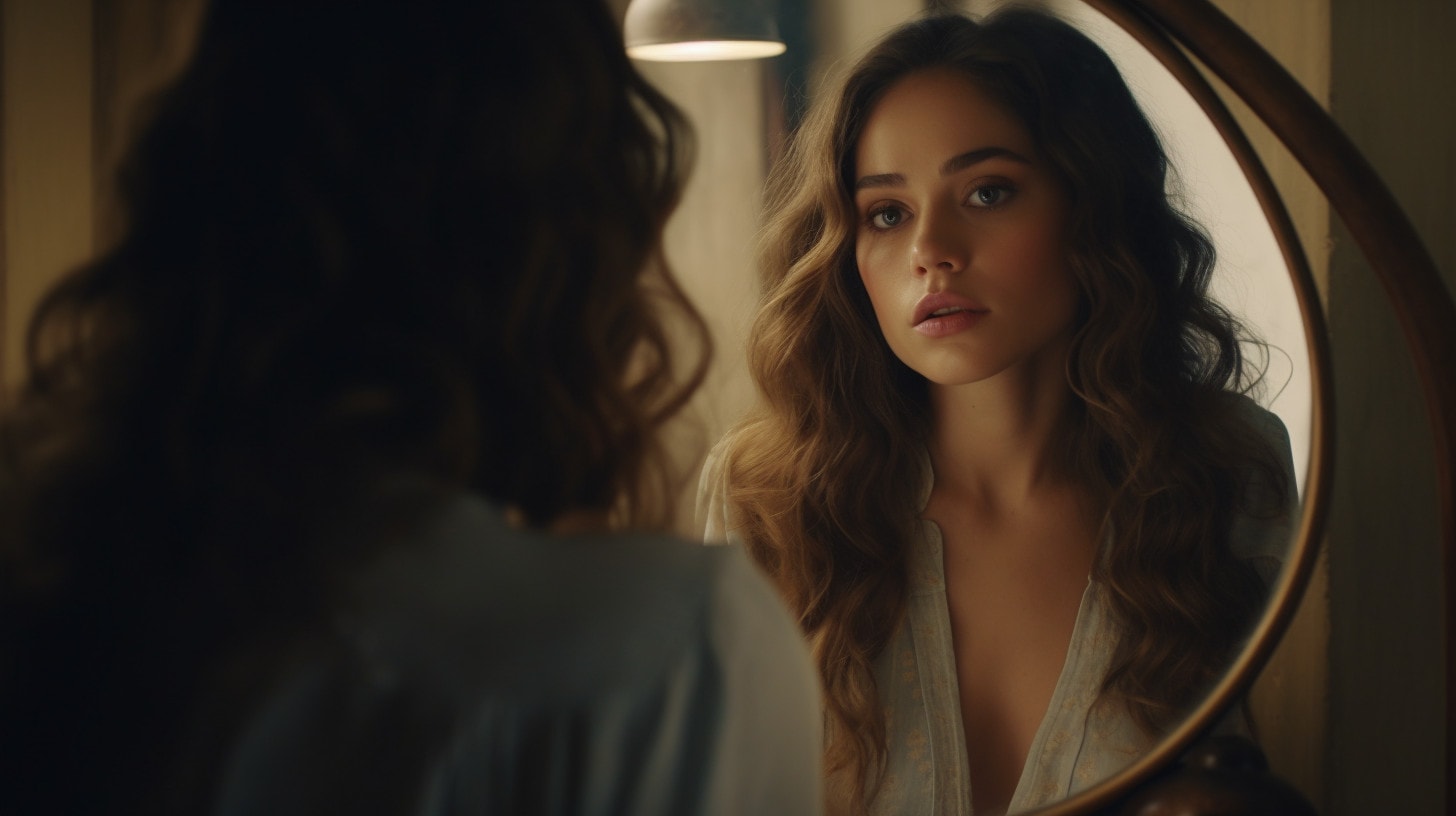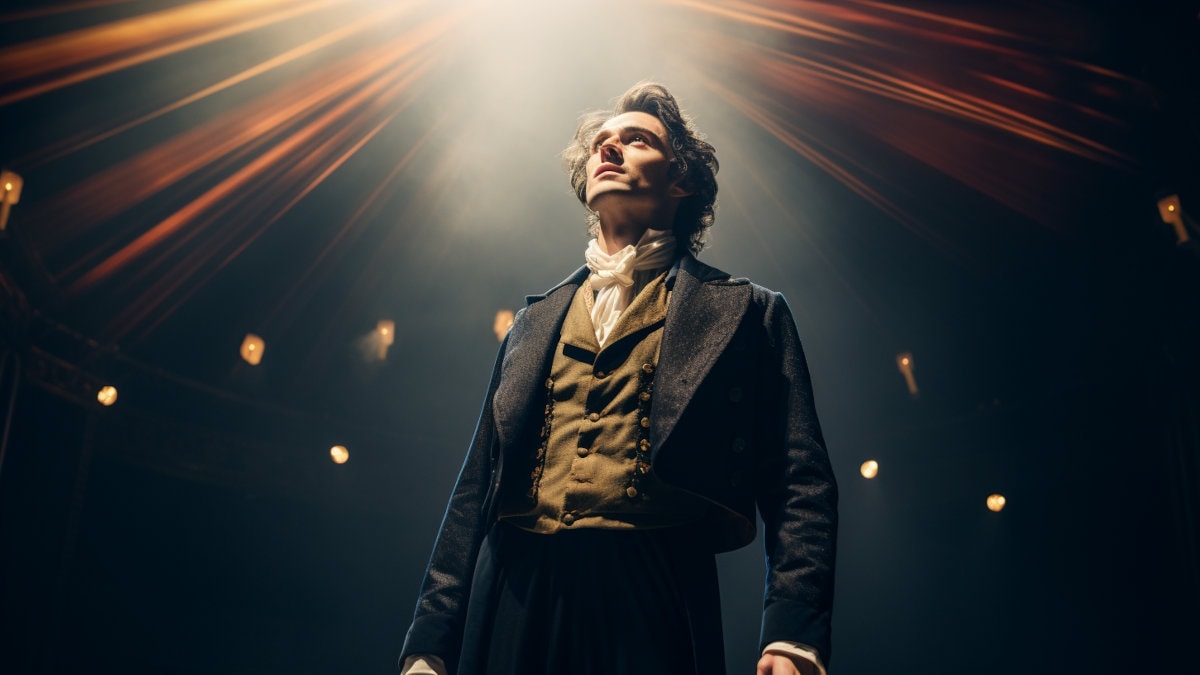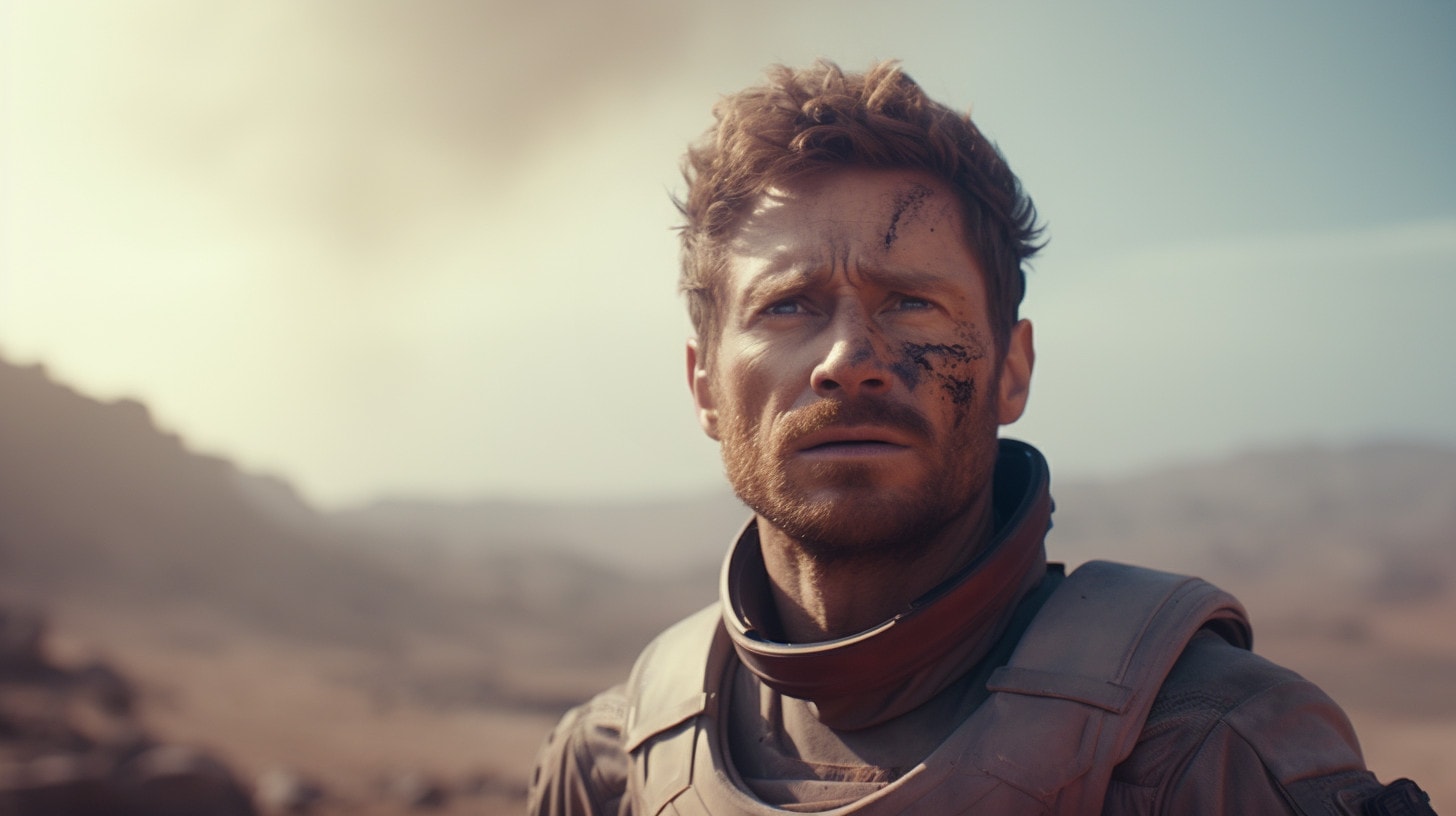From the outside, acting can seem easy. But once you start to dig into technique, and you hear people talking about Objectives, Actions, Intentions, Obstacles or even Super-Objectives, it can quickly become overwhelming.
So today, my goal is to guide you through that confusion to help you understand what these techniques are, why they’re so important, and how you can implement them into your own acting technique today.
Table of Contents
What Are These Techniques?
- Objectives: An objective is a goal or desire that a character has within a scene. This is usually found by asking the question, “what do I want?” These objectives drive the character’s actions and emotions, making their performance more genuine and relatable to the audience.
- Obstacles: Also referred to as counter-objectives, obstacles are the things preventing a character from getting what they want. They create conflict within a scene, resulting in a more dramatic and interesting performance.
- Intentions: An intention is the “why” behind a character’s desires. It’s crucial for an actor to understand why their character wants something and how deeply it matters to them. The intention makes this desire personal and therefore gives the character a powerful incentive to achieve their objective.
- Actions: In simple terms, actions are the things an actor does or says in an attempt to get what they want. These are often defined by verbs.
- Super-Objectives: A super-objective is the character’s overarching, long-term goal throughout the script. This represents their ultimate aspirations in life, and usually provides a sense of direction for the story.
Take Control of Your Acting Career
Learn to build a consistent and sustainable career in the entertainment industry!
Why Objectives Are Important

Objectives are extremely important in acting because they reflect reality and create conflict within a scene.
For example, when I’m playing a video game with my brother, I want to win! When I’m late for work and I can’t find my keys, I need to find them at all cost, otherwise my boss will fire me for being late again. These objectives, when combined with their intent creates drama.
This is the same when it comes to super-objectives. For example, in the 1994 film Forrest Gump, Gump’s super-objective is to spend his life with Jenny, his one true love. The story wouldn’t be as interesting or emotionally engaging without this objective.
5 Steps to Find Your Objective in a Scene

The simplest way to find your characters objective in a scene is to ask yourself the question “what do I want?”
This shouldn’t be a huge goal, like “I want to become a Rockstar” because that would be a Super-Objective. That doesn’t mean your objective has to be small though. The perfect objective is one that is clear and achievable within the scene.
If you’re still unable to find your objective, here are 5 steps you can follow that I guarantee will help you find your characters objective.
1. Read The Script
It’s important when preparing for a scene that you understand the context that the scene is within. Therefore, it’s important that you read the entire script.
Without this context, you could be missing key insights into the characters personality, motives and experiences, aswell as any important events throughout the script. When I first started acting, I would get my script and flick through the pages counting my lines and reading my scenes. But this was a huge mistake!
Whether you’re in just one scene or all of them, or whether you’re performing an entire play or just a small extract, you must always read the entire script.
2. Understand The Character
Developing a core understanding of the character will allow you to understand what the character wants and why. It will allow you to put yourself in their shoes and empathise with their given circumstances.
By doing this, you will find it easier to see what the character wants from their perspective. This will be more true to the scene and will help you dramatically when it comes to actually getting into character.
3. Analyse The Scene

In a scene, what seems simple on the surface, is usually a lot more complex. For this reason it’s important to analyse the scene and understand what’s below the surface, also known as the subtext. Our objectives may not always be obvious and they may even change throughout a scene.
By looking into the details of the scene and understanding the scenario, emotions and timeline of the scene and its surrounding events you will put together a full picture, allowing the objective to reveal itself. Here are some great ideas for questions you could ask yourself:
- Where are you?
- When are you?
- Who are you with?
- What are you doing?
- What happened just before this scene?
- What happens during the scene?
- Where are you going after this scene?
By asking these questions, you will find it easier to simplify the scene down to it’s core purpose which should help you decide on your objective, or in some cases, multiple objectives.
4. Ask “What Do I Want?”

Once you understand your character, the scene, the surrounding events and context of the story as a whole, it’s a good idea to re-ask that original question, “what do I want?”
Another common way to ask this would be to use a prompt such as, “I want to… [do something]“ What is that “something”? This prompt is a great way of finding your objective since that “something” will be actionable, and as we established earlier; the best objective is one that is clear and actionable.
5. Make It Up
So you’ve followed steps 1 to 4 and you still can’t seem to find the characters objective? Sometimes a scene is just very surface level, and there doesn’t seem to be anything relevant.
In these cases, it’s more than okay to make it up. Seriously! Just make something up. Try something out. It doesn’t have to be in the script. Hey, it doesn’t even have to be mentioned, it could be a little thing that burns in the back of your head. If chosen well, the audience will know.
If you understand the character, the script and the scene, you will have more than enough information to make a strong decision about what the character wants.
Identifying The Obstacle

Once you have a clear and actionable objective, it’s important to find out what’s preventing you from achieving that objective. This is usually referred to as the obstacle or counter-objective. There are two main types of obstacle:
- Internal Obstacles
- External Obstacles
An internal obstacle would be something personal to you or something that is within you. This could be a worry, a contradictory belief or even a physical trait. These objectives are often more subtle as they are personal struggles that don’t include other people or things.
External obstacles are obstacles that are external to you and can usually be seen or witnessed by the audience. External obstacles are often the objectives of other characters, this is why they’re referred to as counter-objectives.
For example, when I’m auditioning for a role, I’m competing with 15 other people that all want the job just as much as I do. We all have the same objective, but only one of us can achieve it, and therefore their objective is my counter-objective.
The Characters Intentions

The intention is the ultimate reason for wanting something, it’s the thing that gives life and power into your objective. For example, your objective may be to get a raise at work, but your intention is that you want to save up enough money to buy that engagement ring so you can ask your partner to marry you.
This intention burns a fire behind you, and places you in the real world. Without this intention, the audience sees a two-dimensional character flipping burgers, and that’s it. But with the intention, the audience sees someone working to secure a future with the person they love.
The objective is the money, but the ring is the driving force.
Using Actions To Achieve The Objective
Once you understand what your character wants and why, you need to start thinking about what they do to achieve it.
Whether your character achieves their objective or not doesn’t matter, they must still make an attempt. This conflict is what creates drama. This is commonly done through Actions. Imagine this scenario:
Peter is in Times Square, New York. He needs to make a phone call urgently but his has broke. He grabs a stranger and says, “Do you have a phone?”
What is your action? Do you request, plead, intimidate, or maybe something else? Each option will result in a different approach physically and emotionally and will also affect the reaction of the stranger. Whether you choose to plead or intimidate, each option is equally valid.
By going into the scene with this action in mind, you allow yourself to provide focus within the scene and align yourself with the objectives of the character.
Super-Objectives

While an objective is the thing your character wants within a scene, the super-objective is the thing your character wants by the end of the script. These are often much larger goals or wants, rather than immediate desires. Maybe your character wants to find happiness, get a girlfriend, become a rockstar.
In Toy Story, Woody’s super-objective is to maintain the status quo. He was once Andy’s favourite toy, and he doesn’t want that to change. So when Buzz threatens that reality, his super-objective drives his actions and decisions throughout the script.
Combining Objectives & Super-Objectives
Your characters immediate objective’s may not always align with their super-objective. This is okay as it’s just like real life. For example, your ultimate desire in life is to become an actor. You want to work on film and TV, playing interesting characters and giving inspiring performances. The feeling of performing is like nothing you’ve ever experienced before.
But you wake up one day and decide that you really don’t want to think about it today. It’s not that you don’t want to become an actor anymore. It may just be that in this moment, you’re burnt out. So you don’t want to do that audition. You don’t want to send out emails to casting directors and you definitely don’t want to face the rejection that is inevitable in this industry.
This is where objectives and super-objectives become extremely interesting, because not wanting to think about acting doesn’t mean you don’t want to become an actor, it just means that the thing you want in that moment conflicts with what you want in life. This is where your objective becomes the obstacle to your super-objective. Mind blown…!
How Can Emotional Memory Enhance Acting Techniques and Objectives?
Understanding emotional memory is crucial for actors to enhance their acting techniques and achieve their objectives. By tapping into their own past experiences, actors can access authentic emotions and convey them convincingly on stage or screen. This deep understanding of emotional memory allows actors to create relatable characters that resonate with the audience and bring their performances to life.
Making The Objective Your Own

Effectively using objectives in your performance practice is a great way to minimise the gap between yourself and the character in order to give better performances. But to make all this work worth it, you need to make the objective your own. It’s not the characters, it’s yours.
You can do this by finding similarities between what the character wants and what you want. This may be easy if your character is being held back by another character and trying to get away. But imagine this scenario:
Your character knows they left an envelope with a $1,000 cheque somewhere but they can’t remember where and they need the money to pay their rent.
Often, an actors initial instincts are to “pretend” to look for this letter, because in reality they know exactly where it is. The prop department put it in the bottom draw of the desk because that’s where it’s meant to be found. So the audience can see the “acting”, and not the reality.
But what if this was a reality? What if I said, “I’ve hidden $1,000 somewhere in this room.” You would search every corner and crevice until you found it. You need to take that mindset and put it into the scene. You need to truly believe, truly look, and truly want to find that envelope. Once you do this, your performances will become truly captivating.








